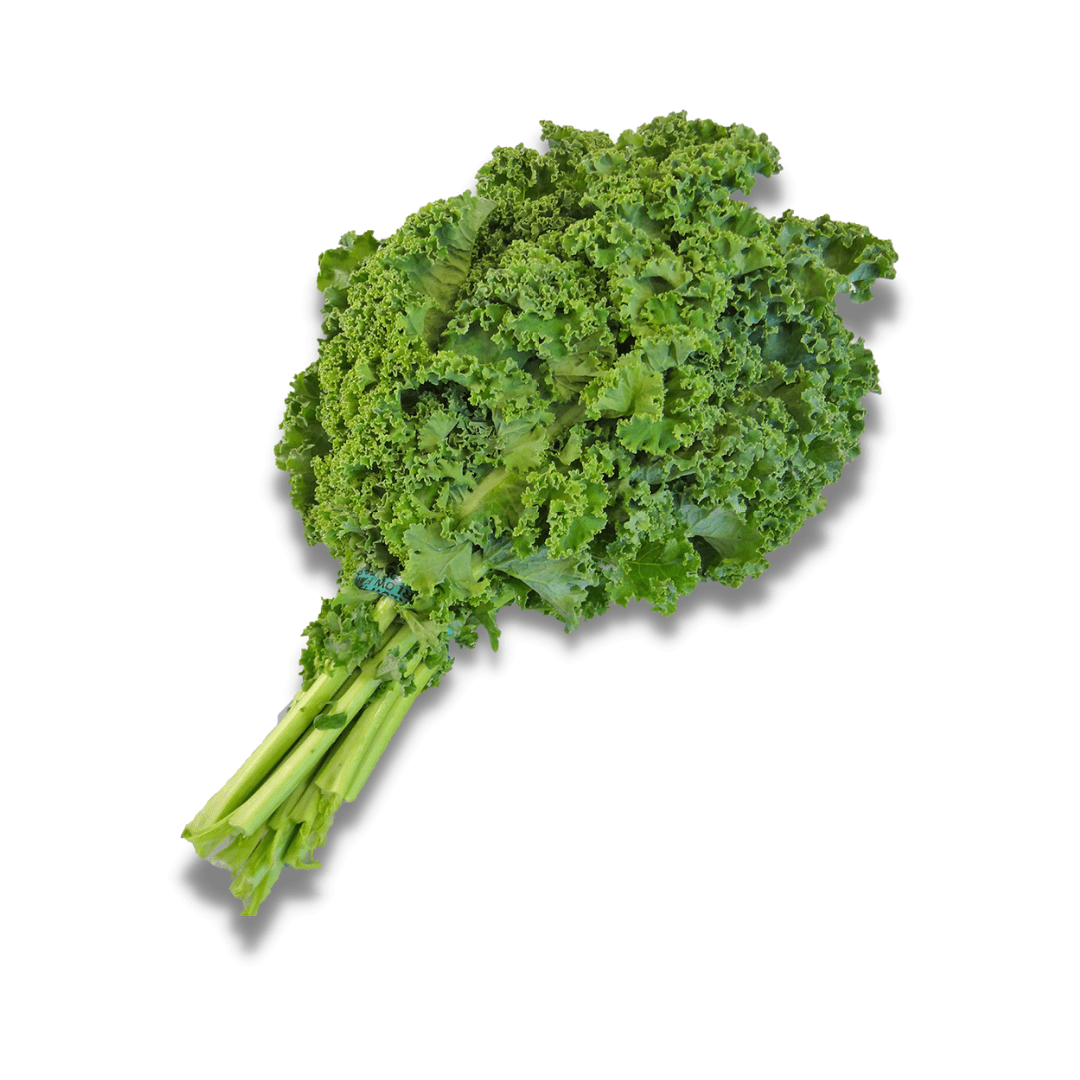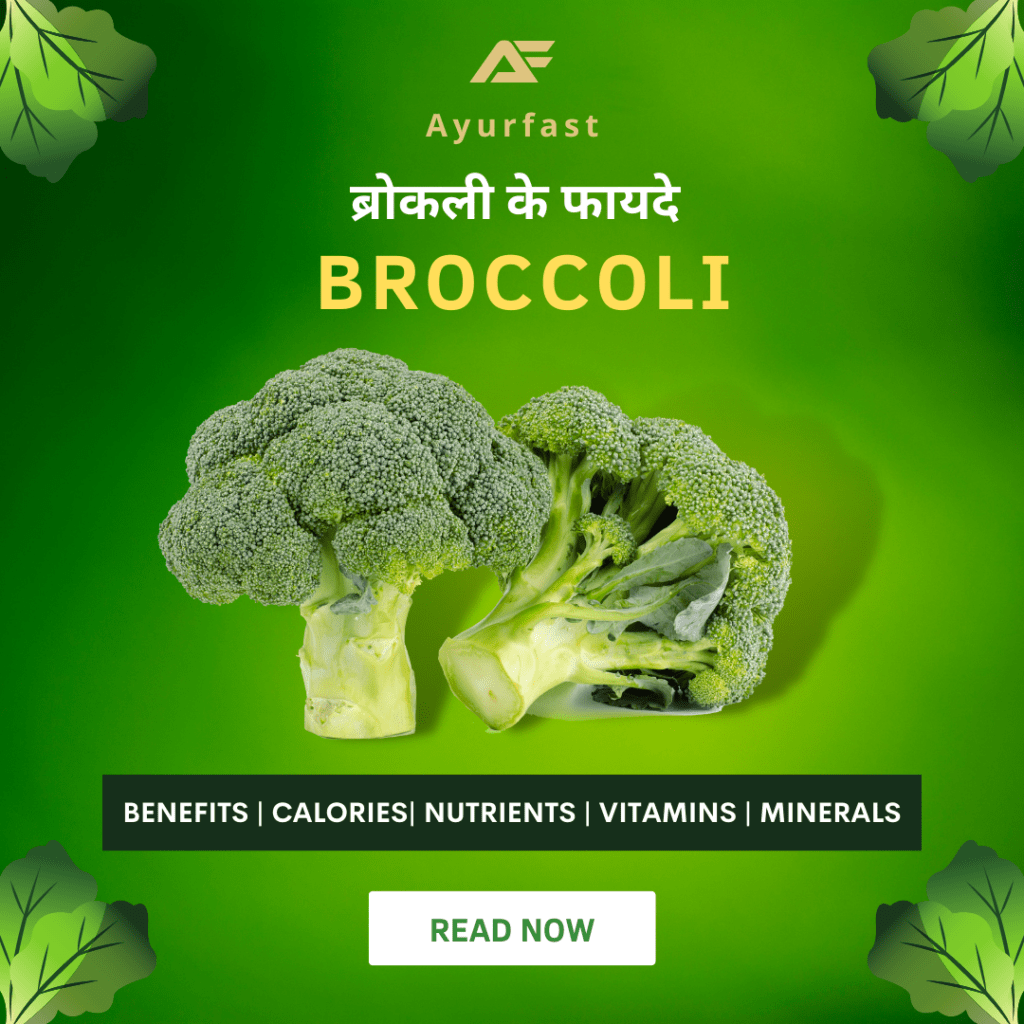About
Kale is a leafy green vegetable that belongs to the cruciferous family, which also includes broccoli, cauliflower, and cabbage. It has a dark green or purple color and a slightly bitter taste. Kale is a nutrient-dense food and is considered one of the healthiest vegetables.
Health Benefits of Kale:
-
Nutrient-Dense: Kale is a nutrient-dense food, meaning it contains a high amount of nutrients for the number of calories it has.
-
Antioxidant-Rich: Kale is rich in antioxidants, which help to protect the body against damage from free radicals.
-
Anti-inflammatory: Kale contains anti-inflammatory compounds that can help to reduce inflammation in the body.
-
Heart Health: Kale contains nutrients such as fiber, potassium, and vitamin C, which are all beneficial for heart health.
-
Cancer Prevention: The antioxidants and anti-inflammatory compounds in kale may help to reduce the risk of certain types of cancer.
Diseases that can be cured with Kale:
Kale has been known to help with certain conditions, including:
-
High blood pressure
-
Cardiovascular disease
-
Diabetes
-
Certain types of cancer
-
Digestive issues such as constipation and bloating
Energy and Macro Nutrients in Kale per 50-gram serving:
| Nutrient | Amount per serving |
|---|---|
| Calories | 20 |
| Carbohydrates | 4 g |
| Protein | 2 g |
| Fat | 0.5 g |
| Fiber | 2 g |
| Water | 42 g |
Vitamins in Kale per 50-gram serving:
| Vitamin | Amount per serving |
|---|---|
| Vitamin A | 547 mcg |
| Vitamin B1 | 0.05 mg |
| Vitamin B2 | 0.09 mg |
| Vitamin B3 | 0.5 mg |
| Vitamin B6 | 0.15 mg |
| Vitamin B12 | 0 mcg |
| Vitamin C | 53 mg |
| Vitamin D | 0 IU |
| Vitamin E | 0.7 mg |
| Vitamin K | 440 mcg |
| Folate | 29 mcg |
| Biotin | 0 mcg |
Minerals in Kale per 50-gram serving:
| Mineral | Amount per serving |
|---|---|
| Calcium | 100 mg |
| Iron | 0.7 mg |
| Iodine | 0 mcg |
| Zinc | 0.3 mg |
| Magnesium | 23 mg |
| Phosphorus | 41 mg |
| Potassium | 238 mg |
| Sodium | 18 mg |
| Chloride | 0 mg |
| Copper | 0.09 mg |
| Chromium | 0 mcg |
| Fluoride | 0 mcg |
| Molybdenum | 5 mcg |
| Manganese | 0.3 mg |
| Selenium | 0.2 mcg |
What are the health benefits of kale?
Kale is rich in vitamins, minerals, and antioxidants, providing various health benefits such as improved digestion, heart health, and immune support.
Can kale help in weight loss?
Yes, kale is low in calories, high in fiber, and packed with nutrients, making it a nutritious addition to a weight-loss diet.
How to store kale to keep it fresh?
Wrap unwashed kale in a damp paper towel and place it in a plastic bag or container in the refrigerator. It can stay fresh for up to a week.
Is kale suitable for a vegan or vegetarian diet?
Yes, kale is a popular choice among vegans and vegetarians due to its high nutrient content and versatility in plant-based recipes.
Can kale be eaten raw?
Yes, kale can be enjoyed raw in salads or blended into smoothies for a nutritious and refreshing meal.
Are there any side effects of consuming kale?
While kale is generally safe to eat, consuming excessive amounts may lead to digestive issues for some individuals. Moderation is key.
How to incorporate kale into your diet?
You can add kale to salads, soups, stir-fries, pasta dishes, smoothies, or even bake it into crispy kale chips.
Can kale be used in salads or smoothies?
Absolutely! Kale is a popular choice for salads due to its hearty texture, and it blends well in smoothies, adding nutritional value.
Does kale provide antioxidants?
Yes, kale is rich in antioxidants like vitamin C and beta-carotene, which help protect cells from damage caused by free radicals.
Can kale be frozen for later use?
Yes, blanching kale briefly and then freezing it can help preserve its freshness and nutrients for future use.
How to select fresh kale at the grocery store?
Look for kale with vibrant green leaves and crisp stems. Avoid wilted or discolored leaves.
Can kale be used in soups or stir-fries?
Absolutely! Kale adds a delicious and nutritious element to soups, stews, and stir-fries.
Are there any medicinal uses of kale?
Kale has been traditionally used for its potential anti-inflammatory and detoxifying properties.
Can kale improve skin health?
Yes, kale is rich in vitamins and antioxidants that can help promote healthy skin and a youthful complexion.
How to cook kale without losing its nutrients?
To preserve nutrients, cook kale using methods like steaming or sautéing for a shorter duration rather than overcooking it.
Can kale help in managing diabetes?
Kale is low in carbohydrates and has a low glycemic index, making it a suitable choice for individuals with diabetes.
What nutrients are present in kale?
Kale is a nutrient powerhouse, containing vitamins A, C, K, as well as minerals like calcium, potassium, and iron.
Can kale be used as a substitute for spinach?
Yes, kale can be a great substitute for spinach in various recipes, offering a similar nutritional profile and texture.









